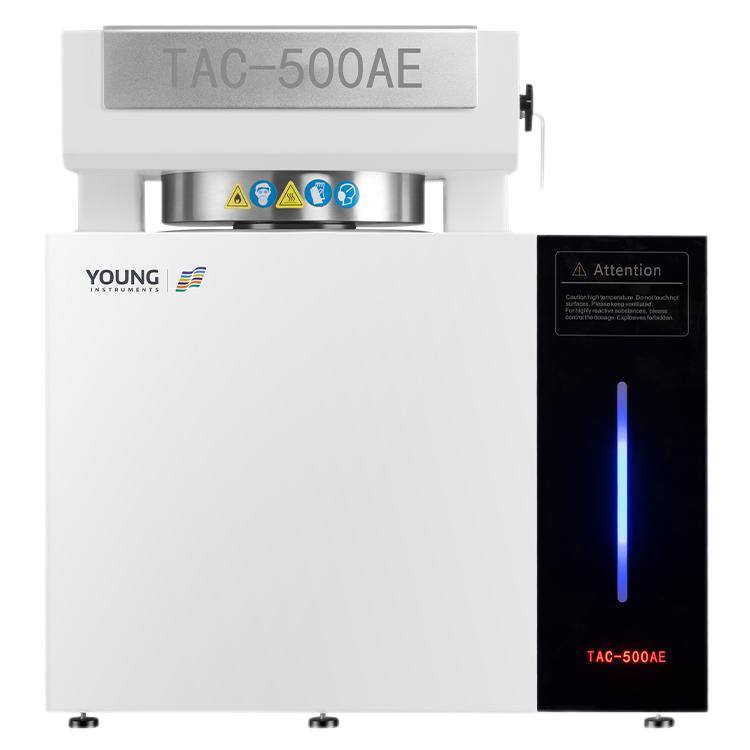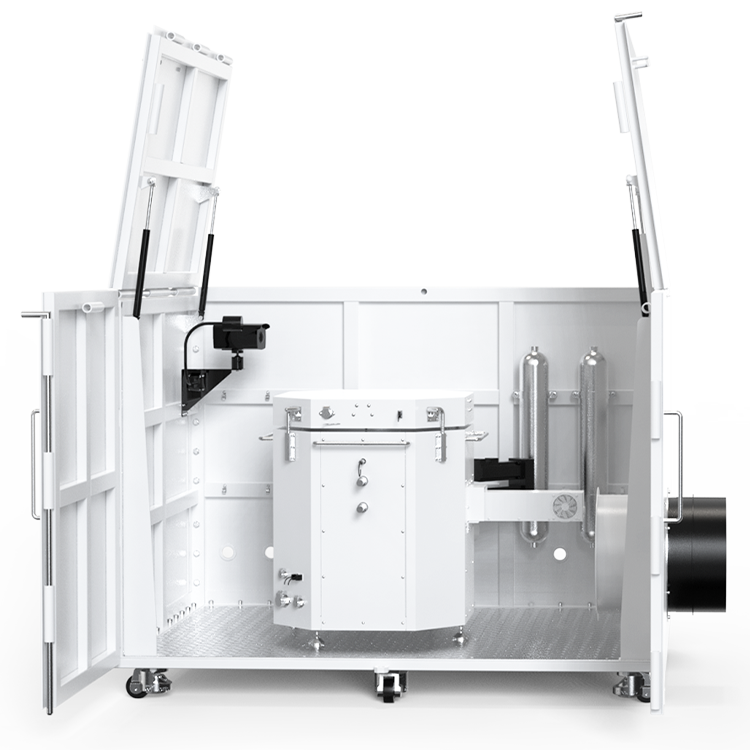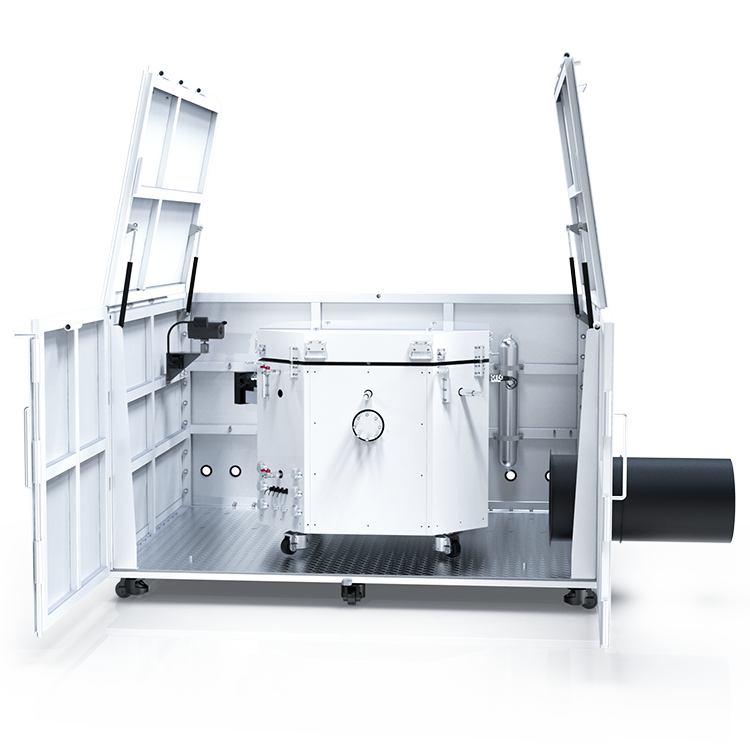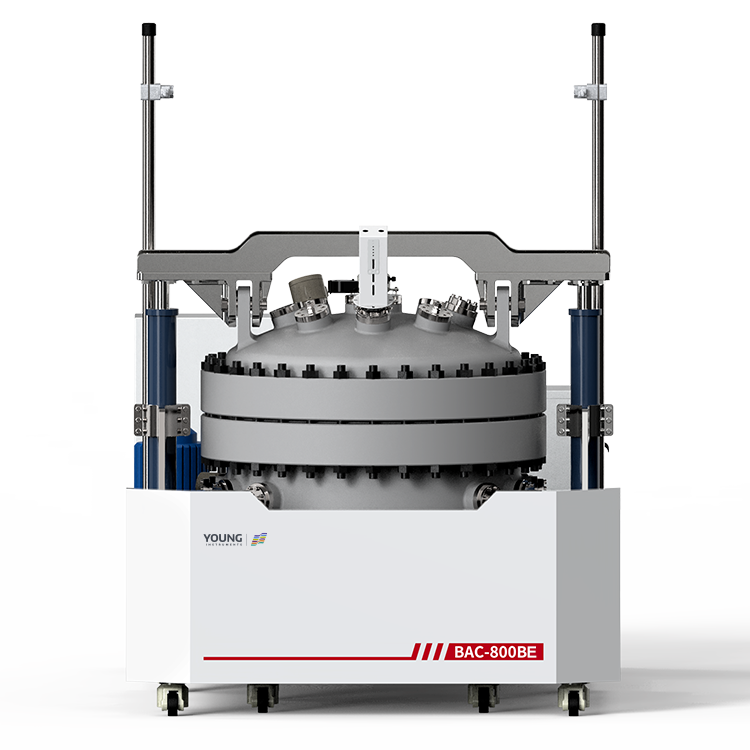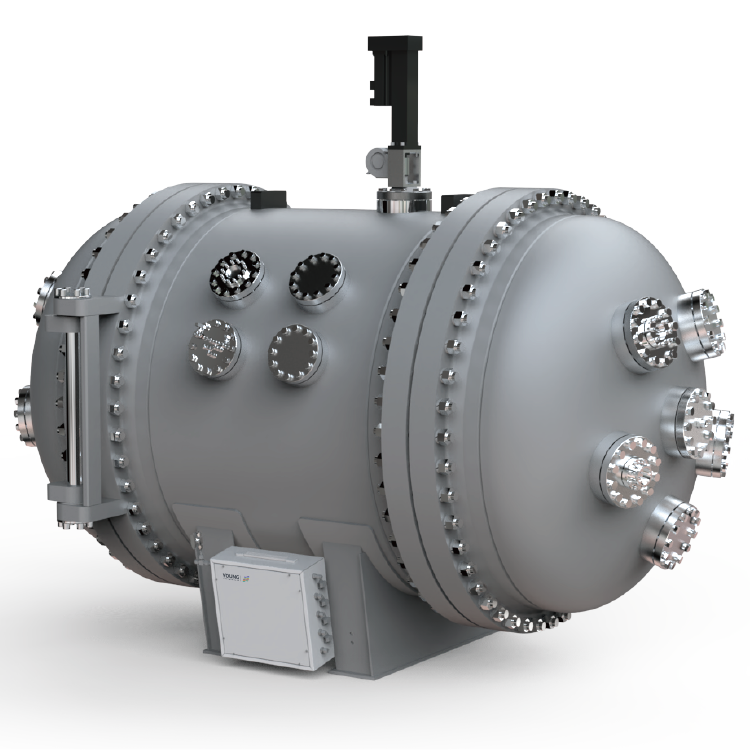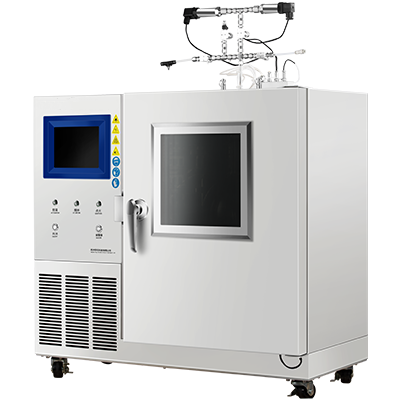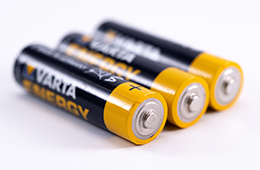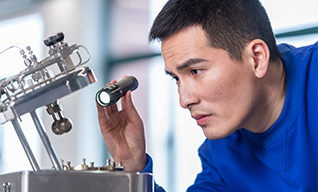Flash Point Tester Price Guide: How Much Should You Expect to Pay?
Understanding the pricing of flash point testers is essential for informed purchasing decisions. These devices play a critical role in determining the flash point of substances like fuels, chemicals, and solvents, ensuring safety and regulatory compliance across various industries. Prices can vary significantly depending on factors such as testing method, accuracy, automation levels, and additional functionalities.
Product Introduction
The Microscale Continuously Closed Flash Point Tester FP CC-420AE is tailored for conducting closed cup flash point tests on a variety of substances such as diesel, aviation kerosene, hazardous chemicals, solvents, fragrances, coatings, paints, and petrochemical products. Its innovative design reduces the sample size required for hazardous chemical tests, minimizes fire risks from open flames, and protects operators from harmful smoke exposure, thereby cutting testing costs for valuable products like fragrances.
Advanced Testing Methodology
Equipped with an advanced continuously closed cup flash point testing method, the FP CC-420AE ensures enhanced precision and efficiency. It operates with a minimal sample size, lowering testing expenses and environmental impact. The closed cup operation eliminates open flames, significantly enhancing safety. A built-in refrigerating module supports a broad range of flash point tests and delivers rapid cooling times. The tester includes preset standard test methods that align with other closed cup techniques, ensuring consistency and dependability.
Automated and Real-Time Capabilities
The FP CC-420AE boasts full automation, featuring automatic flash point calibration adjusted for atmospheric pressure. It provides real-time displays of temperature and pressure curves, offering direct insights into the testing process. Results include temperature-pressure rise curves, providing comprehensive flash point data. With plug-and-play functionality via a USB port and a thermal printer for streamlined data management, its 7-inch color touchscreen with Chinese input facilitates intuitive operation.
Specifications and Compliance Standards
Operating in environments ranging from 5°C to 40°C with humidity below 85%, the FP CC-420AE offers a temperature control range of 0-260°C, extendable to -30°C~420°C with optional low and high-temperature modules. Customizable temperature rise speeds range from 0.5°C/min to 12°C/min, ensuring flexibility. It achieves temperature measurement accuracy within ±0.1°C and handles pressures up to 200 kPa. Featuring high-voltage electron ignition and adjustable stirring speeds from 50 to 300 rpm, it interfaces via RS232, RJ45, and USB ports, operating on AC220V/50Hz. Compliant with standards like SH/T 0768, SN/T 3077.1, DL/T 1354, ASTM D6450, and others, it meets rigorous testing requirements across industries.
Product Advantages
Innovative Heating Technology
Equipped with top-cover heating technology and a continuous closed cup design, the FP CC-420AE ensures safety by eliminating open flames and minimizing the release of irritating gases. This innovative approach creates a secure testing environment suitable for diverse substances, guaranteeing reliable results without compromising safety.
Versatile Temperature Control
Integrating high and low-temperature testing capabilities into a single unit, the FP CC-420AE streamlines operations by eliminating the need for separate modules. This integration enhances user convenience and efficiency while maintaining consistent and accurate results across varying temperature ranges.
Efficient Cooling and Heating System
Utilizing dual Peltier cooling technology and a unique thermoelectric regulation system, this tester achieves rapid cooling and precise heating control. It effectively reduces cooling times and enhances testing efficiency, ensuring swift and accurate flash point determinations in diverse environmental conditions.
Automated Cleaning and Handling
Featuring a fully automated cleaning program for its ignition system, the FP CC-420AE removes stubborn residues to maintain optimal performance and precise test results. The automatic sample chamber opening and closing system further mitigates risks by preventing sample spills and minimizing fire hazards during operation.
Intuitive Design and Data Management
Designed for user convenience, the FP CC-420AE includes a robust, heat-resistant metal sample cup holder and a circular heating furnace plate that perfectly accommodates sample cups. Equipped with a pressure sensor for automatic result calibration and adjustable detection thresholds, it allows seamless editing and storage of test parameters for efficient data management and retrieval. This user-friendly interface ensures straightforward operation and reliable performance in flash point testing scenarios.

Product Applications
Fragrances
Flash point testing plays a crucial role in evaluating the flammability of fragrances to ensure safety throughout their production, transportation, and storage phases. Fragrances typically contain volatile and flammable components, necessitating precise flash point measurements to assess the risk of ignition. Manufacturers rely on these measurements to implement appropriate safety protocols, thereby preventing accidents and adhering to regulatory standards.
Ship Fuel Oils
Flash point testing is indispensable for ship fuel oils as it determines the lowest temperature at which their vapors can ignite when mixed with air. This critical information is essential for maritime safety, helping to prevent fires and explosions onboard vessels. Compliance with stringent safety standards ensures that ship fuel oils can be safely handled and stored at sea, with accurate flash point measurements maintaining high safety standards during fuel transportation and storage.
Lithium Battery Electrolytes
The flash point of lithium battery electrolytes serves as a vital safety indicator due to their potential flammability risks. Lower flash points indicate higher flammability, necessitating strict control during electrolyte development and production phases. Manufacturers monitor these values closely to ensure compliance with safety regulations, thereby reducing the risk of fires and enhancing overall safety across applications ranging from consumer electronics to electric vehicles.
Hazardous Chemicals and Solvents
Flash point testing is essential for hazardous chemicals and solvents to assess their flammability characteristics and associated safety risks. These substances pose significant hazards due to their potential to ignite easily, requiring accurate flash point determination for proper handling and storage protocols. By implementing safety measures based on precise flash point measurements, industries ensure the safe transportation, storage, and use of hazardous chemicals and solvents in diverse industrial and laboratory environments, prioritizing personnel and facility safety.
CONCLUSION
In summary, flash point testing plays a crucial role across diverse industries to uphold product safety and regulatory compliance for substances like fragrances, ship fuel oils, lithium battery electrolytes, and hazardous chemicals. Precise flash point measurements aid in evaluating flammability risks, allowing manufacturers to implement robust safety measures. Managing and controlling flash points ensures accident prevention, safe product handling, and adherence to standards. The Microscale Continuously Closed Flash Point Tester FP CC-420AE stands out with its advanced capabilities and dependable performance, essential for achieving accurate and efficient flash point testing. Embracing such technology not only enhances safety protocols but also drives cost-effectiveness and operational efficiency in industrial processes.








